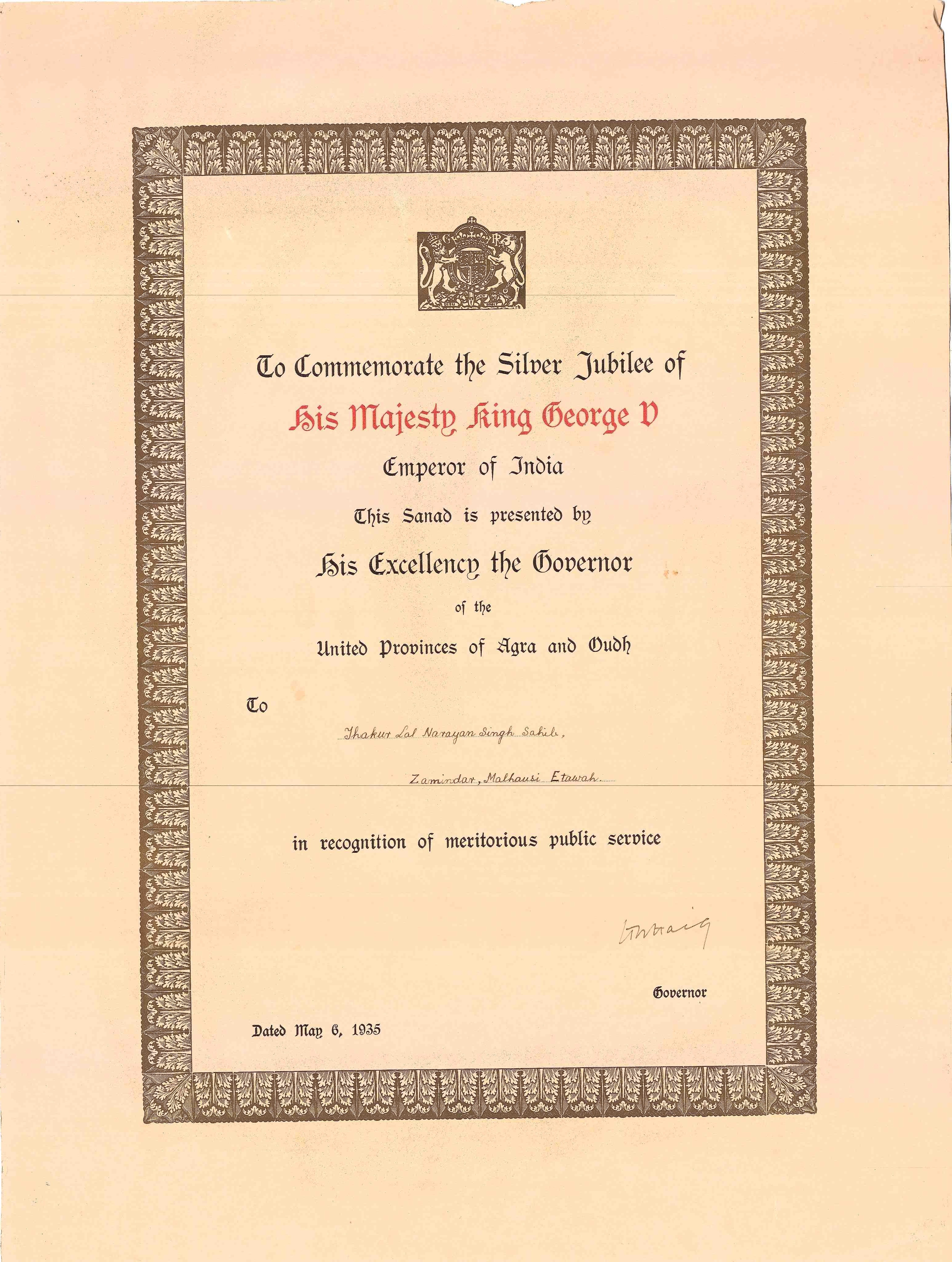|
Deed Of Trust (other)
Trust deed or deed of trust may refer to: * Deed of trust (real estate), as distinguished from the general concept of a deed * Trust instrument In trust law, a trust instrument (also sometimes called a deed of trust, where executed by way of deed) is an instrument in writing executed by a settlor used to constitute a trust. Trust instruments are generally only used in relation to an '' ..., a legal instrument in common law systems * Trust Deed (Protected), used in Scottish law {{disambiguation ... [...More Info...] [...Related Items...] OR: [Wikipedia] [Google] [Baidu] |
Deed Of Trust (real Estate)
A deed of trust refers to a type of legal instrument which is used to create a security interest in real property and real estate. In a deed of trust, a person who wishes to borrow money conveys ''legal'' title in real property to a trustee, who holds the property as security for a loan (debt) from the lender to the borrower. The ''equitable'' title remains with the borrower. The borrower is referred to as the trustor, while the lender is referred to as the beneficiary. Overview Transactions involving deeds of trust are normally structured, at least in theory, so that the lender/beneficiary gives the borrower/trustor the money to buy the property; the borrower/trustor tenders the money to the seller; the seller executes a grant deed giving the property to the borrower/trustor; and the borrower/trustor immediately executes a deed of trust giving the property to the trustee to be held in trust for the lender/beneficiary. In reality, an escrow holder is always used so that th ... [...More Info...] [...Related Items...] OR: [Wikipedia] [Google] [Baidu] |
Deed
A deed is a legal document that is signed and delivered, especially concerning the ownership of property or legal rights. Specifically, in common law, a deed is any legal instrument in writing which passes, affirms or confirms an interest, right, or property and that is signed, attested, delivered, and in some jurisdictions, sealed. It is commonly associated with transferring (conveyancing) title to property. The deed has a greater presumption of validity and is less rebuttable than an instrument signed by the party to the deed. A deed can be unilateral or bilateral. Deeds include conveyances, commissions, licenses, patents, diplomas, and conditionally powers of attorney if executed as deeds. The deed is the modern descendant of the medieval charter, and delivery is thought to symbolically replace the ancient ceremony of livery of seisin. The traditional phrase ''signed, sealed and delivered'' refers to the practice of using seals; however, attesting witnesses have repla ... [...More Info...] [...Related Items...] OR: [Wikipedia] [Google] [Baidu] |
Trust Instrument
In trust law, a trust instrument (also sometimes called a deed of trust, where executed by way of deed) is an instrument in writing executed by a settlor used to constitute a trust. Trust instruments are generally only used in relation to an ''inter vivos'' trust; testamentary trusts are usually created under a will. Formalities Although in most legal systems there are certain formalities associated with settling a trust, most legal systems impose few, if any, structures on the trust instrument itself. Historically, the concept of a trust is the intervention of the courts of equity to prevent a legal owner treating the property as beneficially his own; provided that state of affairs exists, a trust arises notwithstanding any lack of formality in relation to the form of the trust instrument. However, notwithstanding the flexible approach taken by the law, characteristically the legal profession has taken an extremely formalised approach to trust instruments. Not only are the ... [...More Info...] [...Related Items...] OR: [Wikipedia] [Google] [Baidu] |
